With Water Management, We’re Missing the Obvious
For climate change adaptation and water management, start with the basics, researchers say.
It is not desalination plants or reservoirs or any whiz-bang technology that will best prepare California’s water users for climate change. It is a simple record of who is using water and how much.
That is the primary recommendation in a white paper on climate change adaptation and water rights in California. The paper was prepared for the California Energy Commission by law and economics professors from the University of California, Berkeley.
Through interviews with those active in state water law and by studying current policies and proposed reforms, the authors conclude that something basic is absent.
In their words:
“For successful adaptation to occur, there are a number of prerequisites, almost none of which are currently in place. First, monitoring and measurement are needed to establish a baseline of the resource needed, and, once that baseline is known, to measure the pace of change in both supply and demand. Second, the water governance structure and system of property rights in water must be sufficiently flexible to accommodate the consequences of climate change. Last, there needs to be an effective governance mechanism for collective action in order to undertake public (as opposed to private) adaptations.”
The recommendations strike close to those offered in the recently published book A Twenty-First Century U.S. Water Policy, which I reviewed. In that book, researchers from the Pacific Institute—also located in California and an affiliate of Circle of Blue—argued that better data is a vital first step to improving water management.
Of course, you need money for that, and our federal and state agencies face budget cuts, often for data collection and monitoring. What politician will take up the incredibly unsexy cause of monitoring wells and calibrating stream gauges?
Brett Walton
Circle of Blue reporter
Brett writes about agriculture, energy, infrastructure, and the politics and economics of water in the United States. He also writes the Federal Water Tap, Circle of Blue’s weekly digest of U.S. government water news. He is the winner of two Society of Environmental Journalists reporting awards, one of the top honors in American environmental journalism: first place for explanatory reporting for a series on septic system pollution in the United States(2016) and third place for beat reporting in a small market (2014). He received the Sierra Club’s Distinguished Service Award in 2018. Brett lives in Seattle, where he hikes the mountains and bakes pies. Contact Brett Walton


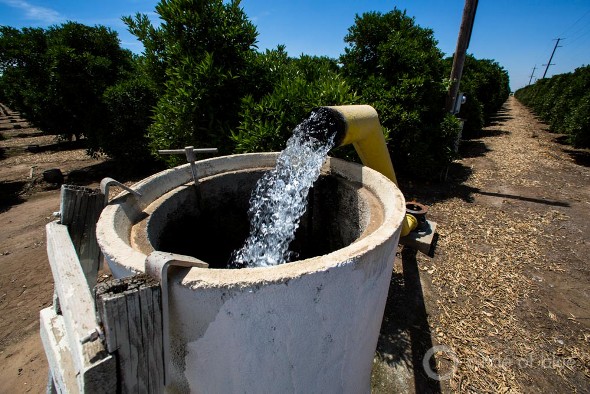
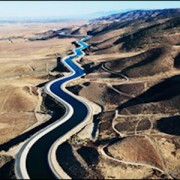
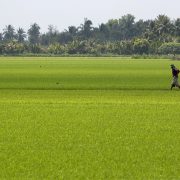


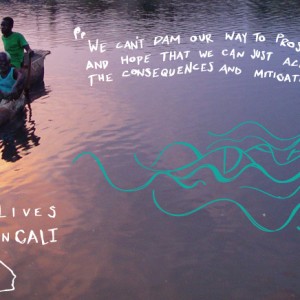
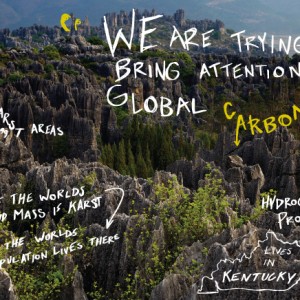
Climate Change is a reality. It’s time to move towards Climate Adaptation NOW!
Help us building AFFORDABLE AMPHIBIOUS HOUSES for vulnerable communities living in flood prone areas:
http://www.indiegogo.com/CO2Bambu?a=1007956
http://www.globalgiving.org/projects/amphibioushouse/
Climate change is good to people.